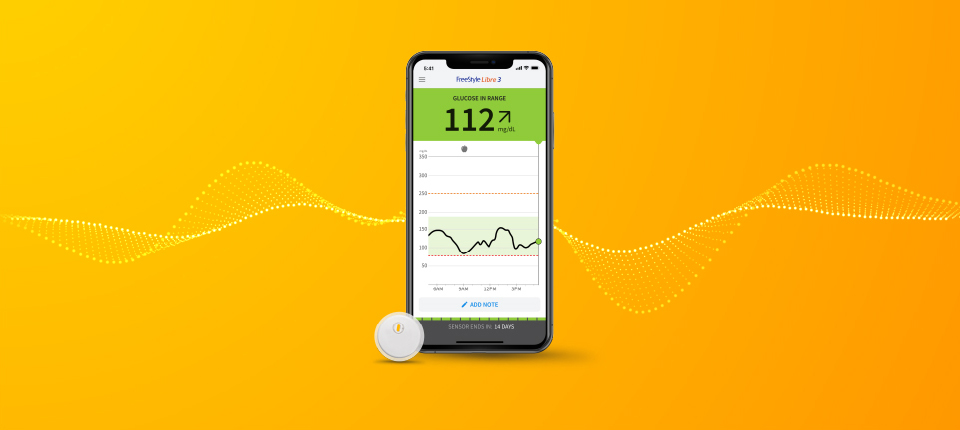Simple tips, from getting enough sleep to knowing your family history, can help you improve your heart health.
Did you know your heart beats about 100,000 times and pumps about 2,000 gallons of blood throughout the body each day? That's a hard-working muscle! Consider these healthy habits to keep your ticker in top condition:
- Don't Skimp on Sleep: We've all done it – skipped a few hours of shut-eye. However, before you make this a regular habit, consider this: research has indicated that getting less than six hours of sleep per night could contribute to heart disease. In a 2011 European Heart Journal review of 15 medical studies involving nearly 475,000 people, people who slept less than six hours, also known as "short sleepers," had a 48 percent increased risk of developing or dying from coronary heart disease (CHD) in a seven to 25-year follow-up period (depending on the study) and a 15 percent greater risk of developing or dying from stroke during this same time. Interestingly, those people who averaged nine or more hours a night also showed a 38 percent increased risk of developing or dying from CHD and a 65 percent increased risk of stroke. Help your heart. Get some rest. To read more, check out Good Night, Sleep Tight: 5 Unexpected Reasons Why You Need Sleep to Live Fully.
- Add Laughter to Your Day: One study conducted by the University of Maryland Medical Center in Baltimore suggests that laughter may play a role in protecting the heart. Researchers evaluated the questionnaire responses of 300 people. Half of the respondents had either had a heart attack or undergone coronary artery bypass surgery, whereas the other half of participants were healthy people of the same age range who did not have heart disease. The study found that those people with heart disease were less likely to recognize humor or use it during uncomfortable situations. They generally laughed less – even in positive situations – and displayed more anger and hostility. The point? Giggles can be good for your heart.
- Keep it Moving: A healthy heart needs activity. Adults who engage in 30 minutes of moderate-intensity activity five times a week reduce their risk of a cardiac event. Why? Research suggests that regular exercise benefits us in a number of ways, including a reduction in body weight, blood pressure and “bad” cholesterol (LDL and total cholesterol), as well as an increase in good cholesterol (HDL) and insulin sensitivity.
- Fuel Up Wisely: The saying, “you are what you eat” is true. The foods that you consume each day can impact the health of your heart. According to the American Heart Association's Diet and Lifestyle Recommendations, you should eat a variety of nutritious foods from all the food groups; try to eat less of nutrient-poor foods; and aim for a diet that includes a variety of mono- and polyunsaturated fats. To get more ideas about making wise food choices, check out, "A Balanced Diet, A Better Life" and visit www.eatright.org.
- Dump Tobacco for Good: You may already be thinking about quitting smoking. But, did you know that that over time, a smoker who quits can reduce his or her risk of heart disease to that of a nonsmoker’s risk? In fact, some of the health benefits of quitting smoking are immediate. Within 20 minutes, your heart rate and blood pressure drop, and after 12 hours, the carbon monoxide level in your blood returns to normal. If you smoke and are thinking about quitting, check out the World Health Organization's guide.
- Know Your Numbers and Your Family History: Schedule routine check-ups with your doctor to measure your blood pressure, cholesterol and glucose levels, so that together, you can evaluate your current health profile and make adjustments as needed. Knowing your numbers can help you make lifestyle modifications. And if you haven’t done so already, at the next family get-together, make time to ask and answer questions about your family health history. Record the health conditions and diseases within your family and in partnership with your doctor, use this knowledge to proactively manage your wellbeing and your heart health.
- Learn Heart Attack and Stroke Danger Signs: Heart attack and stroke are serious, life-threatening emergencies. It's important to learn the signs, and if necessary, act without delay. More recently, there has been a focus on increasing awareness about how women may exhibit different heart attack symptoms than men. Similar to men, the most common heart attack symptom among women is some type of pain, pressure or discomfort in the chest. Some symptoms are more likely to be experienced by women than men, including shortness of breath; back or jaw pain; and nausea or vomiting. The good news? There are now tests available that may help more accurately diagnose heart attacks among women – especially compared to standard blood tests. To learn more about heart disease, check out information on the Centers for Disease Control and Prevention's heart disease page.






FOLLOW ABBOTT